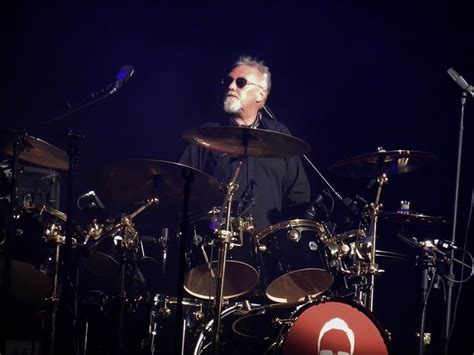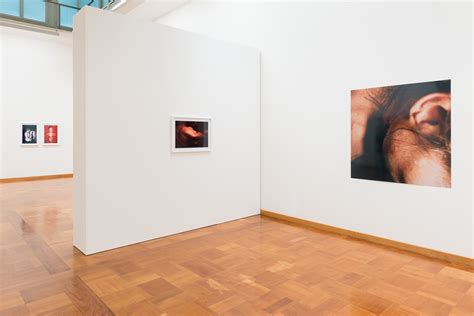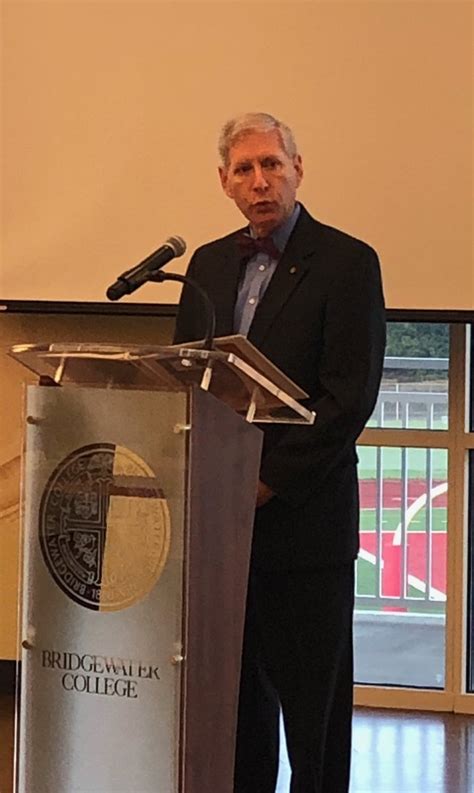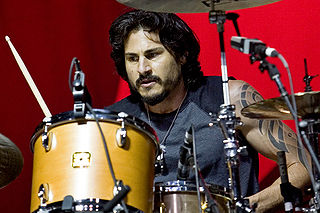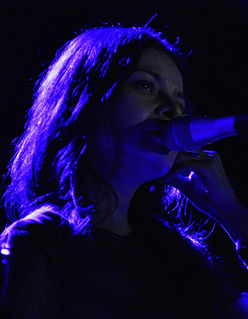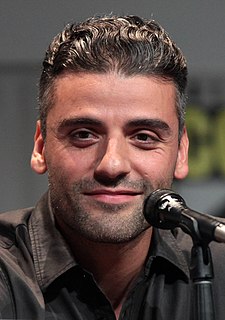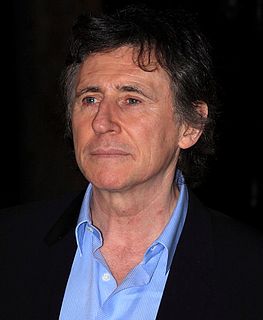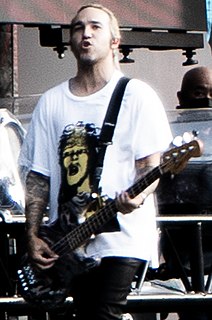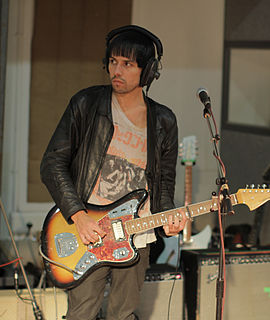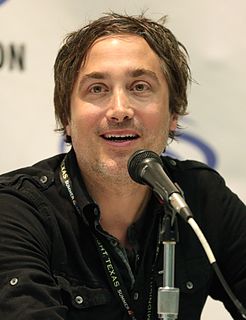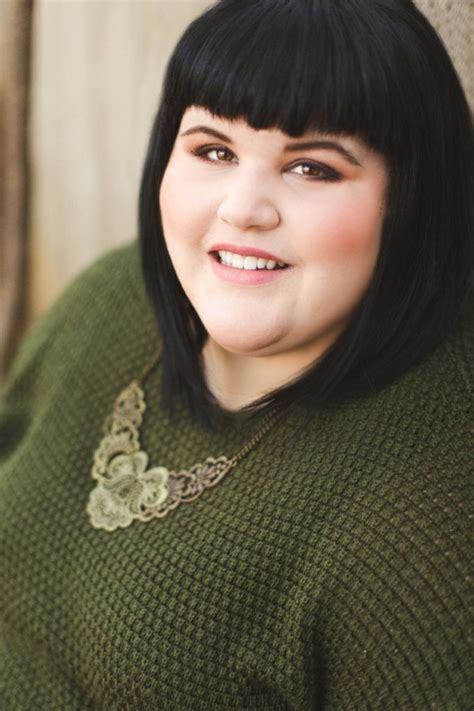A Quote by Derek Ridgers
I started out, in the mid-'70s, taking photographs of rock bands that I liked but not because I really wanted to photograph them. Initially, I was pretending to be a photographer, simply so that I could go up to the front of the crowd and be a bit closer to the bands. But, I found I was gradually developing an interest in the photos I took.
Related Quotes
Things changed a little when I started taking photographs for magazines. I was afraid in the beginning. I thought, "Oh I can't do it, because I have never taken a photographs commercially for a magazine." But I wanted to learn so I started. But when I took models from agencies, I took beginners. Sometimes they were really good, but you have to work with them. You have to be good with women and the boys.
I think it’s really important, and it’s a lesson I didn’t learn until my late teens: Whatever bands that you love, go find out what bands they love, and what bands turned them on, and then you really start getting into the human aspect of it because the further back you go in time the less technology you had, and consequently the better records you had. There’s this incredible library of music thank god.
I've always been a fan of the band setting. I've always been a believer in bands, and I've always been in bands. That's where my comfort zone is. So to stand outside of that, that was never my intention or goal. I never had the dream of, 'I'm gonna go into all these bands as a spring board for my solo work.' But life takes you on different journeys sometimes. I ended up playing a bunch of songs and some of them I really liked.
I think there are plenty of good bands out there, but the great bands aren't affected by what's going on around them, trends and all that and competing with other bands and wanting to be the biggest, we find that happens a lot. Bands look at other bands and think: that's what I want, you know? I think that remaining.

